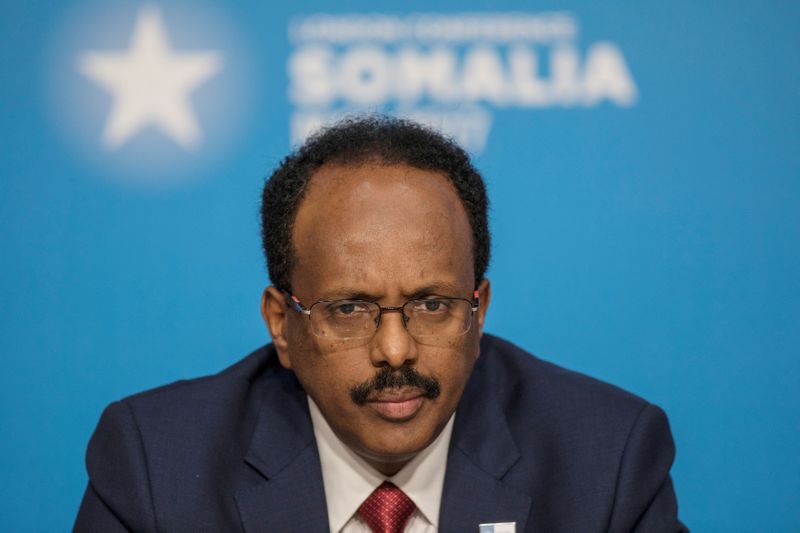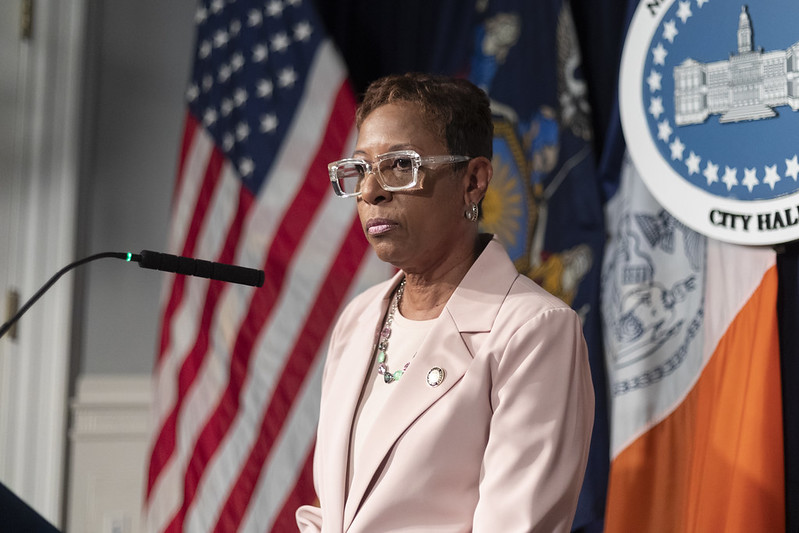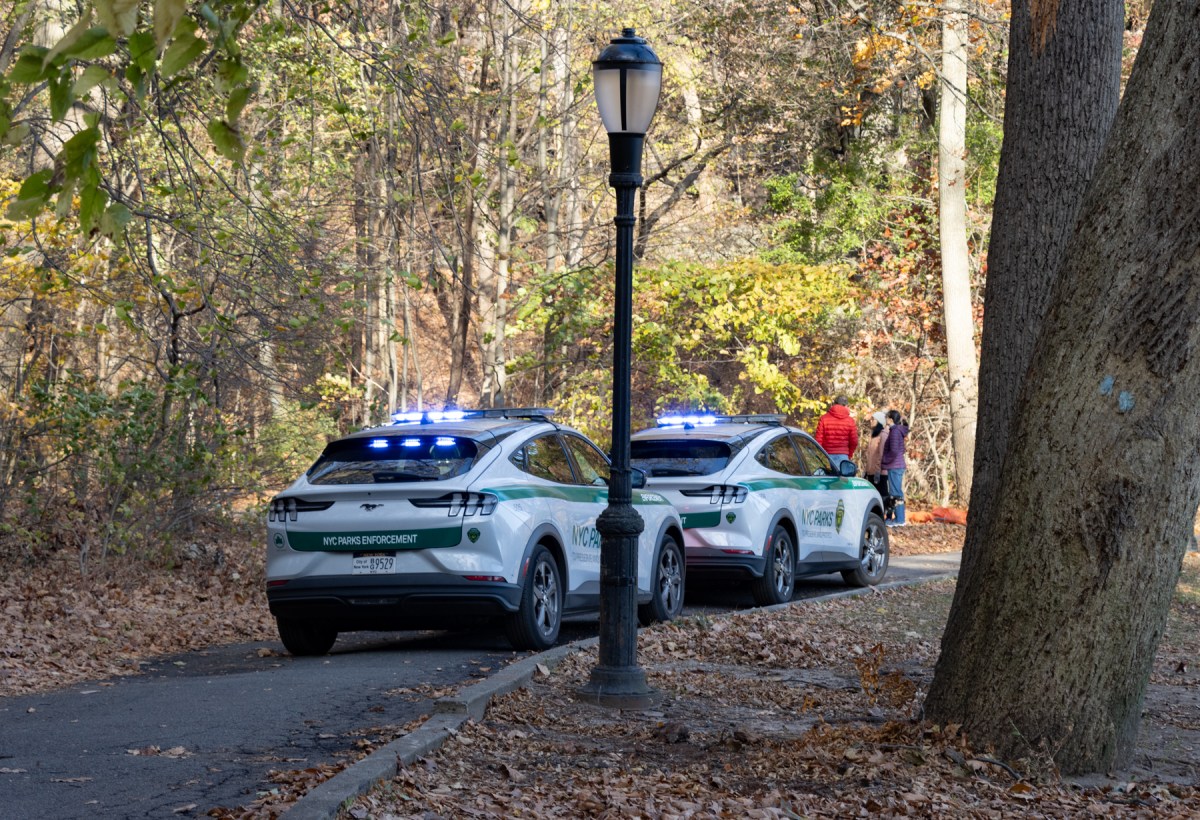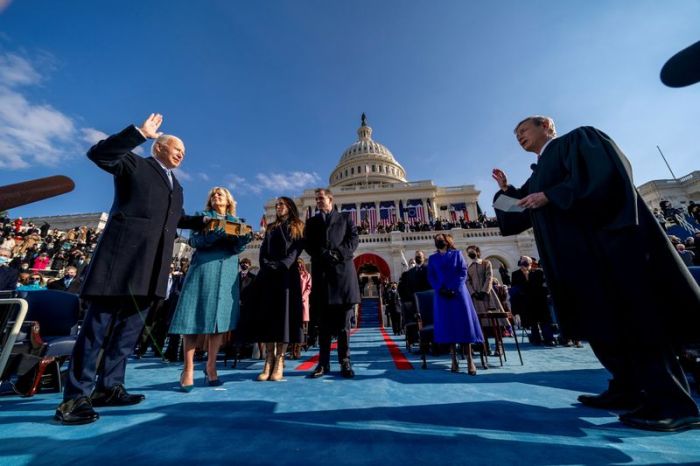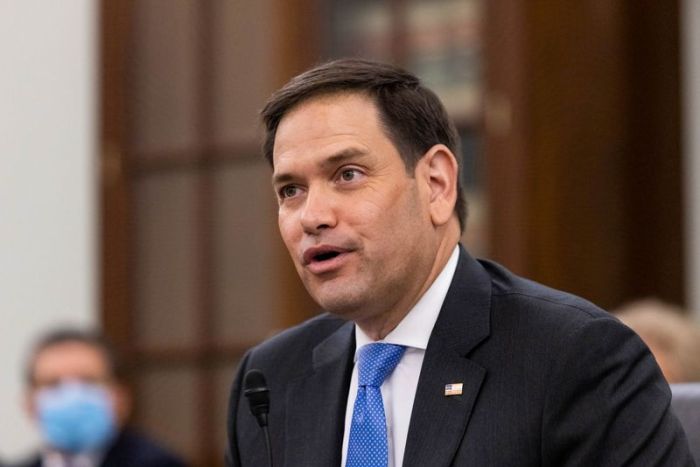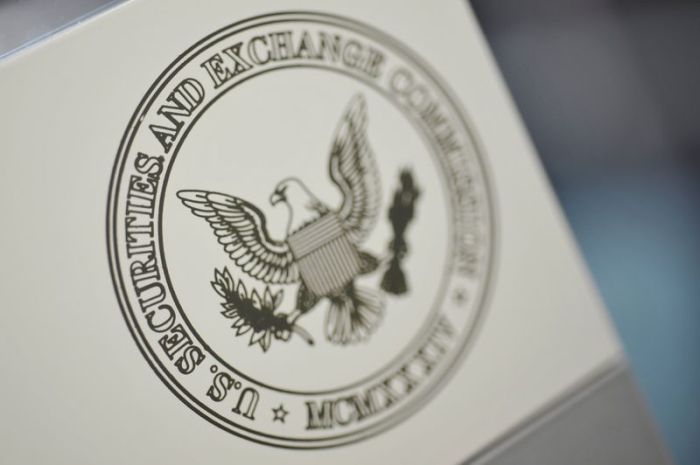By Abdi Sheikh
MOGADISHU (Reuters) -Members of Somalia’s opposition on Wednesday refused to withdraw from fortified positions in the capital after the president tried to defuse an armed standoff by promising to appear before parliament to debate a proposal to extend his term by two years.
The proposal has split some security forces along clan lines and forced between 60,000 and 100,000 people to flee their homes following clashes on Sunday that stirred fears of all-out war between heavily armed factions for and against the president.
“Even babies understand the war mood is still the same,” Captain Ahmed Nur, a military officer loyal to the opposition, told Reuters by phone. “We are still in our defences… this afternoon we are waiting for dozens of military from Lower Shabelle region.”
President Mohamed Abdullahi Mohamed’s term expired in February, but wrangling over elections meant a new crop of legislators was not selected to choose a new president.
Earlier this month, the lower house of parliament voted to extend his four-year term by another two years. The Senate rejected the move, provoking a political crisis.
Mohamed made his promise to appear before parliament in a televised statement in the early hours of Wednesday morning, a move analysts suggested was intended to signal he was placing the question of his proposed term extension in parliament’s hands.
Forces loyal to the opposition – which include some military and police – have seized some key points in the capital.
Meanwhile, al Qaida-linked al Shabaab insurgents have taken over at least one town as heavily armed fighters move from the countryside into the city.
Underscoring the potential for violence, three civilians were killed and seven people, including a baby, were injured when a car bomb exploded on Wednesday outside a prison on Mogadishu’s outskirts, said Aamin ambulance service.
DELAYED ELECTION
The special parliamentary session is on Saturday, but several leading opposition members said after his speech that they believed Mohamed may not step down. He said he would adhere to a previous agreement that called for elections to be held soon, but that was stymied by political wrangling. However, he stopped short of explicitly renouncing the term extension.
The president did not mention the opposition in his speech, but denounced unnamed “individuals and foreign entities who have no aim other than to destabilize the country.”
“His speech was meaningless, insulting and disrespectful,” Abdirahman Abdishakur of the Wadajir opposition party said in a Facebook statement.
Opposition MP Mahad Salad urged people to ensure the president holds elections.
“Farmajo has not mentioned how the solution can be reached for the political stalemate of today, and he did not call for …political reconciliation,” Salad told Reuters, using the president’s nickname. He warned soldiers are reverting to clan leadership.
Somalia’s armed forces include members of clan militias who have often battled each other for power and resources.
Mohamed is Darod, one of Somalia’s major clans. Most of the opposition leaders and Somali military in the capital are Hawiye, another large clan.
Horn of Africa analyst Rashid Abdi said Mohamed’s speech “is leaving his options open.”
The president simply transferred responsibility to parliament, said Omar Mahmood, an analyst with the Brussels-based International Crisis Group.
“There has been a track record of delays and diversionary tactics associated with this electoral cycle,” he said, so the opposition may be wary of further negotiations.
(Reporting by Abdi SheikhAdditional reporting by Abdiqani Hassan in GaroweWriting by Maggie FickEditing by Rosalba O’Brien and Katharine Houreld)

